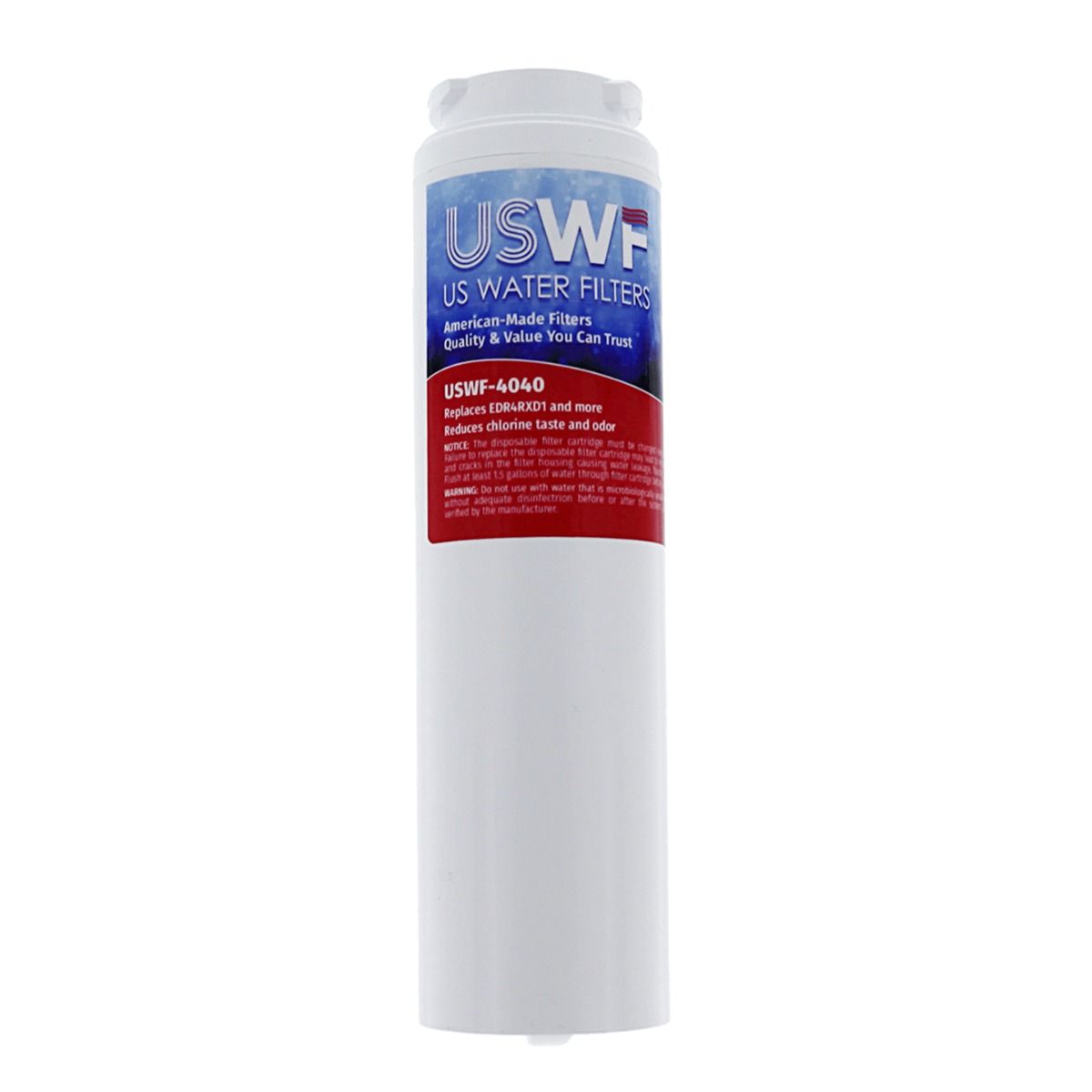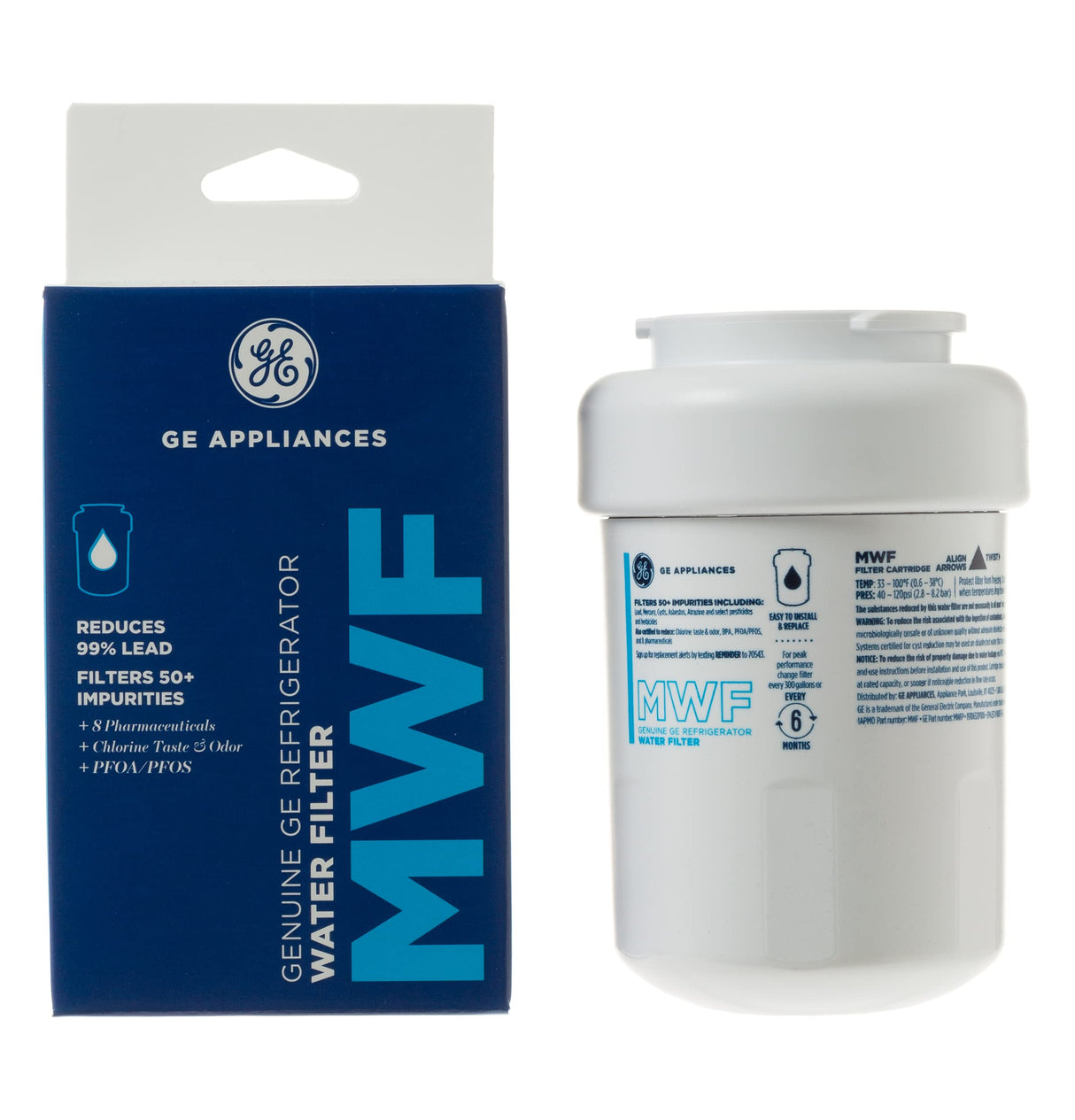Do Refrigerator Water Filters Actually Work?

Refrigerator water filters are a common feature in many modern refrigerators, promising cleaner, better-tasting water and ice. But do they really work? This article explores how these filters function, their effectiveness, and what you should know before relying on them.
How Refrigerator Water Filters Work
Refrigerator water filters typically use activated carbon and sometimes additional filtration media to remove contaminants from tap water. The activated carbon works by adsorbing impurities such as chlorine, sediment, and volatile organic compounds (VOCs), which can affect taste and odor.
| Contaminant Type | Removal Effectiveness | Notes |
|---|---|---|
| Chlorine | High | Improves taste and odor |
| Sediment | Moderate | Removes particles like rust and dirt |
| Lead | Varies | Some filters certified to reduce lead |
| Microorganisms | Low | Not designed to remove bacteria or viruses |
Benefits of Using Refrigerator Water Filters
- Improved Taste and Odor: By reducing chlorine and other chemicals, water tastes fresher.
- Convenience: Integrated into the fridge, providing filtered water and ice on demand.
- Cost-Effective: Cheaper than buying bottled water over time.
Limitations and Considerations
- Filter Lifespan: Most filters need replacement every 6 months to maintain effectiveness.
- Not a Purifier: They do not remove all contaminants, especially microorganisms.
- Certification: Look for NSF/ANSI certifications to ensure filter quality.
How to Maintain Your Refrigerator Water Filter
- Regular Replacement: Follow manufacturer guidelines, usually every 6 months.
- Monitor Water Quality: If taste or odor changes, replace the filter sooner.
- Proper Installation: Ensure the filter is correctly installed to avoid leaks or reduced filtration.
FAQ
Q1: Can refrigerator water filters remove lead?
A: Some filters are certified to reduce lead, but effectiveness varies. Check the filter’s certification.
Q2: Do these filters remove bacteria?
A: No, most refrigerator filters are not designed to remove bacteria or viruses.
Q3: How often should I change the filter?
A: Typically every 6 months, but it depends on usage and water quality.
Q4: Are all refrigerator water filters the same?
A: No, different models have varying filtration capabilities and certifications.
Conclusion
Refrigerator water filters do work to improve the taste and quality of your drinking water by removing certain contaminants. However, they have limitations and should be maintained properly to ensure effectiveness. For comprehensive water purification, additional treatment methods may be necessary.
This detailed overview should help you understand the role and effectiveness of refrigerator water filters, enabling you to make informed decisions about your drinking water quality.
